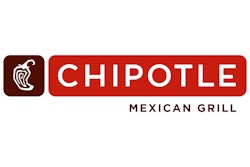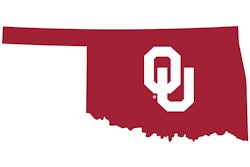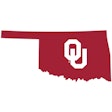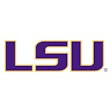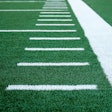Copyright 2018 The Salt Lake Tribune
All Rights Reserved
The Salt Lake Tribune
It's a problem you might have faced before — you have tickets to a game, but you're busy with work. What do you do with them?
It turns out that NBA players face that problem 82 times per season. In the league's collective bargaining agreement, teams are allowed to give their players up to four tickets to every home game and two tickets to every away game. Coaches and support staff get tickets too. To avoid seeming cheap, essentially every team does this, which means arena ticket sellers have to carve out a block of 100 or more tickets.
For most teams, they try to put the home team's comped tickets near the home bench, and the visiting team's tickets nearer to the away bench. The most senior players (ranked by years of NBA service) get the best seats. The tickets must be in the lower bowl, but they cannot be on the floor or in a luxury suite.
Home seats are relatively easy to fill, though. Most players have family or friends constantly in town to give the seats to. But for away tickets, it can be a bit of a challenge.
Players are expressly prohibited from selling the tickets if they're caught doing that, the CBA mandates that they won't receive any more. The players are taxed on the tickets they receive, as a fringe benefit. They also can't give them to players on any other team (nor can teams give free tickets to players on other teams).
What players can do is give them to their teammates, and this happens often. For example, when Donovan Mitchell had friends from college come to Indianapolis — relatively close to Louisville, where he played for two years — some of Mitchell's teammates gave up their tickets. Ekpe Udoh, for example, says his most frequent place to dump unwanted tickets is in a teammate's hands.
Thabo Sefolosha has friends in a few cities around the league. Sure, he's played in Chicago, Oklahoma City, and Atlanta before signing a 2-year contract with the Jazz, so he has friends he likes to see after the game. In a couple of other select locations, he knows people. Frequently, Sefolosha says, he hears from friends of friends, knowing that they have the second-degree hookup for great free tickets.
"Somebody will use them, unless it's a city that nobody knows anyone," Sefolosha said. "But that's rare."
For Sefolosha, the most recent time this happened was in Brooklyn, of all places. So he posted his two tickets on Instagram, giving them to a random winner who followed him and tagged five friends.
It was Sefolosha's first time giving away his tickets through social media, but he says it won't be the last. "I just thought about it, I had some extra tickets, I had nobody coming to the game that day. I thought just giving them away, engaging with people on Instagram, I thought it was a good idea rather than there be an empty seat. I'll do it again."
Worst-case scenario, if a player informs his team that he won't be able to use the tickets, they're simply returned to the home team's box office for re-sale right before the game — though with a team that doesn't sell out, like the Nets, they may not be able to sell those tickets with such short notice.
Sefolosha's isn't the only giveaway, though. This season, five Jazz players, Dante Exum, Derrick Favors, Rudy Gobert, Joe Ingles, and Ricky Rubio, purchased 30 tickets for every home game, which they then donate to non-profit groups.
Retired players don't necessarily get free tickets, though many franchises — like the Jazz — will give free tickets to their alumni in order to foster a sense of history from past to present. Retired players with at least 3 years of NBA service do get the CBA-mandated opportunity to buy two tickets to their team's home games at face value, though they must make the request 48 hours in advance.
Read More of Today's AB Headlines
Subscribe to Our Daily E-Newsletter
Terms and Conditions Privacy Policy

















